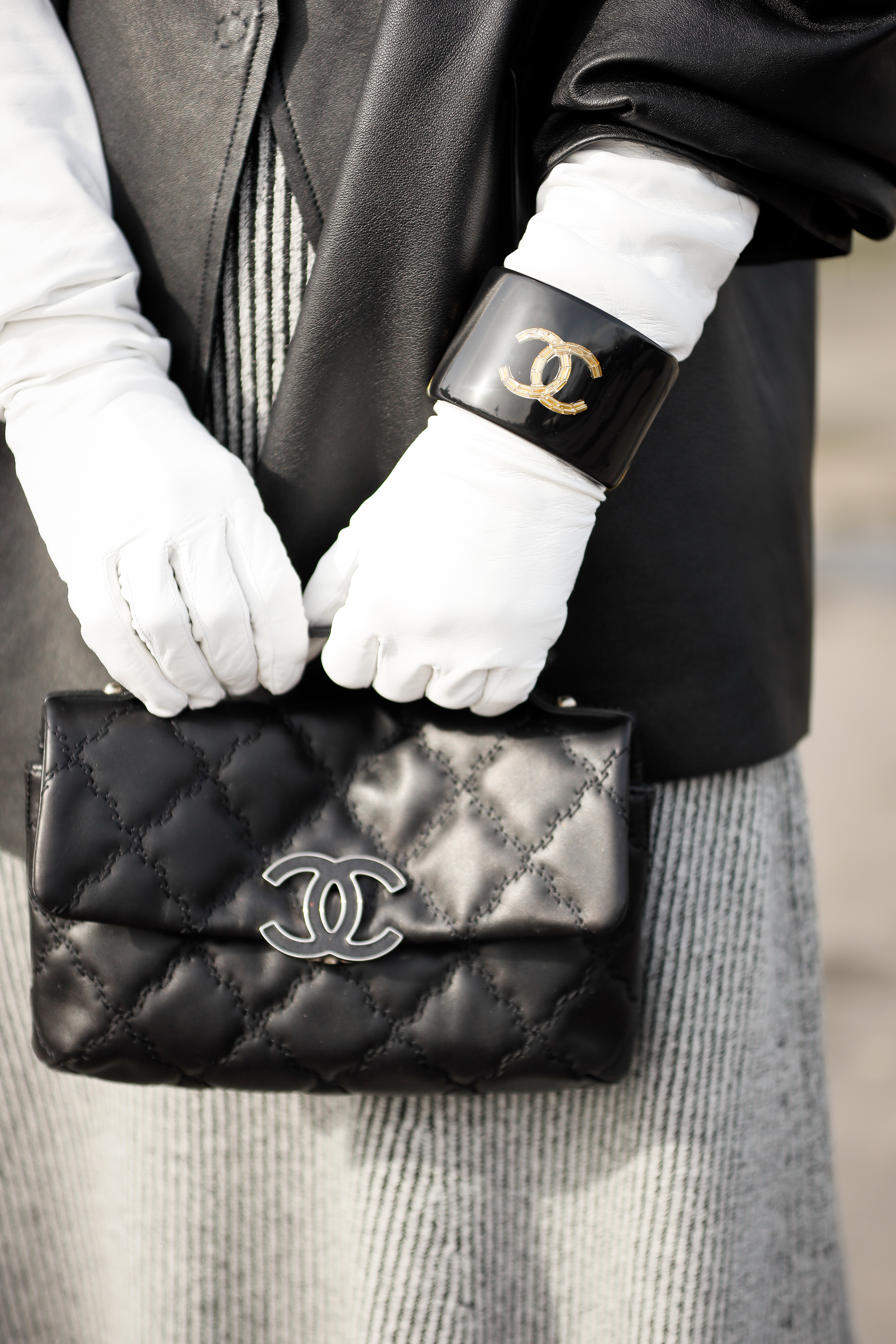
Who owns Chanel?
Photo by Edward Berthelot/Getty Images
One of the few luxury fashion houses not amassed by conglomerates LVMH or Kering, Chanel has been privately owned by the Wertheimer family for almost a century. But, who are they? In stark contrast with their competitors, namely Bernard Arnault and François Pinault, the Wertheimers have been described as “fashion’s quietest billionaires.”(From article by Business Insider) As they are very discreet, not much about their personal lives or business dealings is made public.
Here is what is known.
In 1922, Théophile Bader, founder of the upscale department store Galeries Lafayette, introduced Coco Chanel to Pierre Wertheimer at the horse races. Pierre, a renowned breeder, had recently inherited Bourjois, the largest and most successful cosmetic and fragrance company in France, from his father; while, just the year prior, Coco had developed Chanel No. 5 with famous perfumer Ernest Beaux. The signature scent was only sold in Chanel’s Paris boutiques, but Coco wanted to make it available to more of her clientele, so the three new friends struck a deal: Pierre formed Parfums Chanel, which would finance the production, marketing, and distribution of Chanel No. 5 (giving him 70% ownership), Galeries Lafayette would sell it (giving Bader 20% ownership), and Coco would license her name to it (giving her 10% ownership). However, the relationship between Coco and Pierre quickly soured.
As sales soared and Chanel No. 5 became Coco’s best-selling creation, she began to resent their agreement. Believing Pierre was exploiting her creative talents for his own profit, Coco hired an attorney and attempted to renegotiate the terms. She was unsuccessful, and Pierre maintained majority ownership.
Chanel No.5 Eau De Parfum
The brothers Alain and Gerard Wertheimer. Photo by Michel Dufour/Getty Images for Business Insider
In 1941, at the onset of WWII, Coco tried again. When the Wertheimers, who are Jewish, were forced to flee to the United States of America to escape the Nazi regime, she saw her opening. Citing the new occupation regulations, which decreed that all Jewish-owned businesses be transferred to French-Aryan hands, Coco wrote a letter to the Nazi Party in attempt to finally gain control of Parfums Chanel. She argued, “Chanel is still the property of Jews … and has been legally ‘abandoned’ by the owners. I have an indisputable right of priority. The profits that I have received from my creations since the foundation of this business … are disproportionate.” (From article byThe Fashion Law) Coco was again unsuccessful. Little did she know, Pierre had already established a proxy, an Aryan family friend named Félix Amiot, to run the business in his absence. And, by the end of the war, Coco was forced into exile herself. Accused of being a Nazi sympathizer, she closed Chanel and moved to Switzerland.
Despite their bitter feud, Coco asked Pierre to financially support her again in 1954, when she moved back to France to re-open her atelier. In return, he secured the rights to all of Chanel’s products – not just its perfumes. Further establishing his power, Pierre later bought Bader’s 20% share of Parfums Chanel.
Photo by Hanna Lassen/Getty Images
In 1965, Pierre died, leaving his son Jacques in charge of Chanel and the family’s other business ventures. When Coco passed 6 years later, Jacques acquired her remaining 10%, becoming Chanel’s sole owner. Uninterested in fashion, he focused all his attention on horse breeding and racing and, as a result, Chanel’s sales and reputation suffered. Though they were only 25 and 23 years old, his sons Alain and Gérard convinced the board to let them take over Chanel in 1974. Together, they revived the failing fashion house – most notably, by hiring Karl Lagerfeld. Lagerfeld would later recall, “When I took on Chanel, it was a sleeping beauty. Not even a beautiful one. She snored. So I was to revive a dead woman.”
In 1996, when their father died, Alain and Gérard were officially named co-owners of Chanel, placing them among the wealthiest in France and the world (their combined net worth is around $49.2 billion)(From article by International Business Times). To date, they have divided the responsibilities. Alain serves as chairman from the USA; while, Gérard heads the watch division from Switzerland.
Other than that, the brothers remain quite the mystery. Gérard once told the New York Times Magazine, “We never talk. It’s about Coco Chanel. It’s about Karl. It’s about everyone who works and creates at Chanel. It’s not about the Wertheimers.” (From article by Business Insider) If they do attend shows, they drive themselves in a nondescript car and sit in the third or fourth row, and they never inaugurate store openings or speak about Chanel to the press.
In 2018, Alain and Gérard did, for the first time in Chanel’s 108-year history, reveal its sales numbers ($9.62 billion). (From article by The New York Times) This, followed by Lagerfeld’s death, led to rumors that Chanel was about to go public or change ownership. Alain and Gérard have adamantly dismissed this as mere speculation; though, they have yet to announce who will succeed them.
Photo by Dominique Charriau/WireImage
